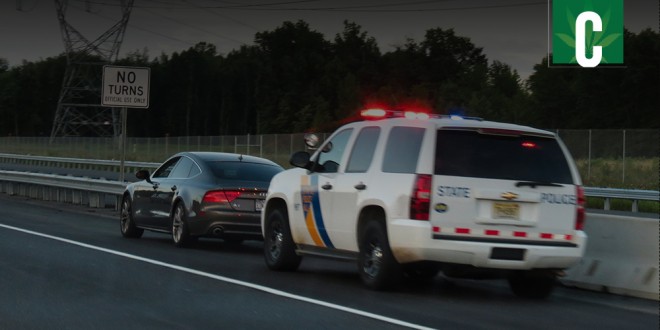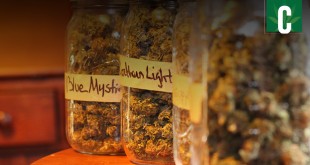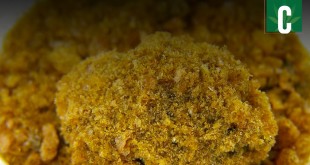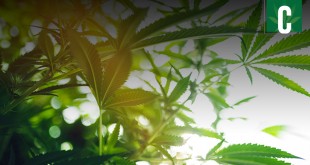If there’s one thing both marijuana advocates and their opponents agree on, it’s that stoned driving is a bad idea. But they don’t always agree on how to deal with the problem.
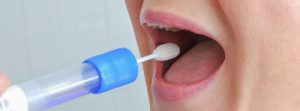 A California lawmaker has introduced legislation that would crack down on high driving by allowing a sort of saliva-based Breathalyzer for cannabis. The idea, says GOP state Sen. and co-sponsor Bob Huff, is to make it easier for police to catch impaired motorists in the act.
A California lawmaker has introduced legislation that would crack down on high driving by allowing a sort of saliva-based Breathalyzer for cannabis. The idea, says GOP state Sen. and co-sponsor Bob Huff, is to make it easier for police to catch impaired motorists in the act.
“Drugged driving is quickly becoming a serious public health and safety problem that is under-reported, under-enforced and under-recognized,” Huff said in a press release. “We lack the same kind of deterrents for drugged driving as we (have) for drunk driving, yet highway safety hazards and fatalities are increasing with widespread prescription and illicit drug abuse across all demographics.”
If the bill becomes law, it would allow police to administer a field drug test, similar to a Breathalyzer yet substantially different, that would ostensibly catch intoxicated drivers. The test would use a saliva swab to detect evidence of marijuana, cocaine, amphetamines, and opiates. Police could administer it whenever they suspect a motorist is impaired.
Difficult to identify impairment
There are problems, though, including some pretty big ones. While the test may work on some drugs, it’s far from a universal solution to high driving. Marijuana and other drugs metabolize differently and leave different kinds of traces in the bloodstream.
The bill fails to describe exactly what kind of swab would be used, what exactly it would test for, and, most critically, how long after use it would detect a given drug. That could put drivers who smoke marijuana but drive sober at risk of arrest, since the drug leaves long-lasting metabolites in the blood.
This has proven to be a problem in other states. While some states’ laws excuse the presence of inactive, non-intoxicating metabolites, others don’t. That means a driver caught with traces of THC could be arrested even if he or she hasn’t toked in hours, days, or weeks. And that’s not to mention the fact that saliva tests are not very reliable.
Swab tests not proven to be accurate
 “Oral swab testing is still an unproven technology,” said Dale Gieringer of NORML. “Its accuracy has not been demonstrated in controlled, published scientific studies. There’s no evidence that oral swab testing results have any correlation to impaired driving.”
“Oral swab testing is still an unproven technology,” said Dale Gieringer of NORML. “Its accuracy has not been demonstrated in controlled, published scientific studies. There’s no evidence that oral swab testing results have any correlation to impaired driving.”
And there are alternatives in the works that may be more reliable and less likely to entrap innocent motorists. They include an actual cannabis Breathalyzer that is under development, a tool that might work much better in detecting active traces of THC, even if the swab test works well on other drugs.
And it may not. All drugs can leave traces following use, including traces that linger after the effects wear off.
More research on the oral swab will follow, and there is no guarantee the test will do what its proponents say. Huff’s goal is laudable, but there are better ways to get there. As with alcohol, it’s important to keep drivers off the road if they’re high on marijuana – but lawmakers shouldn’t go so far that they punish those who aren’t.
 California Marijuana Market Breaking "Marijuana News" from CA
California Marijuana Market Breaking "Marijuana News" from CA

